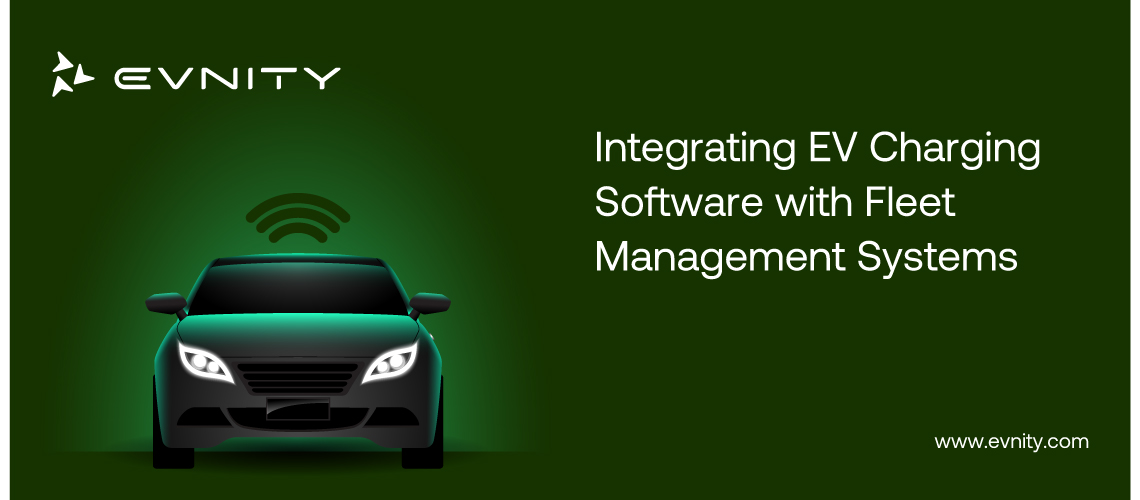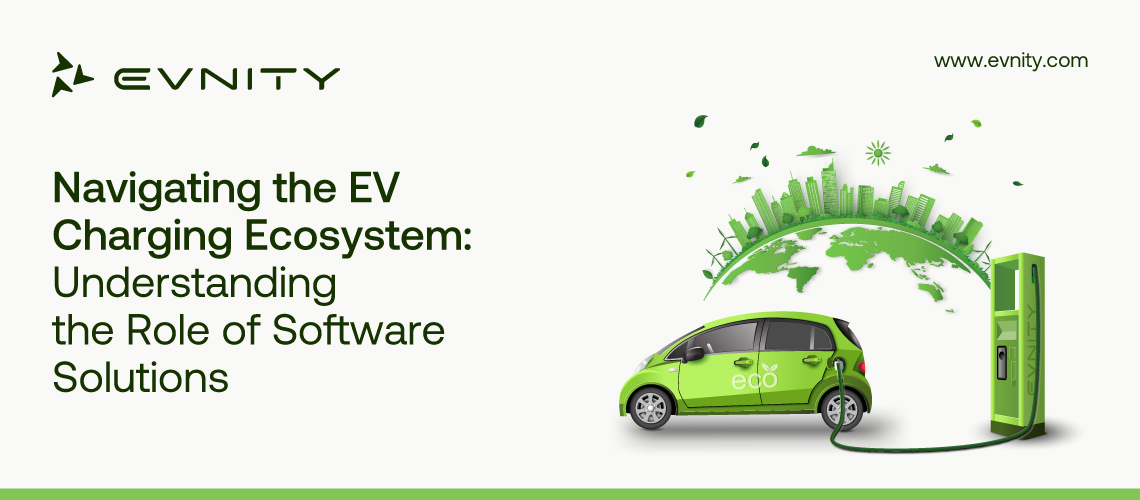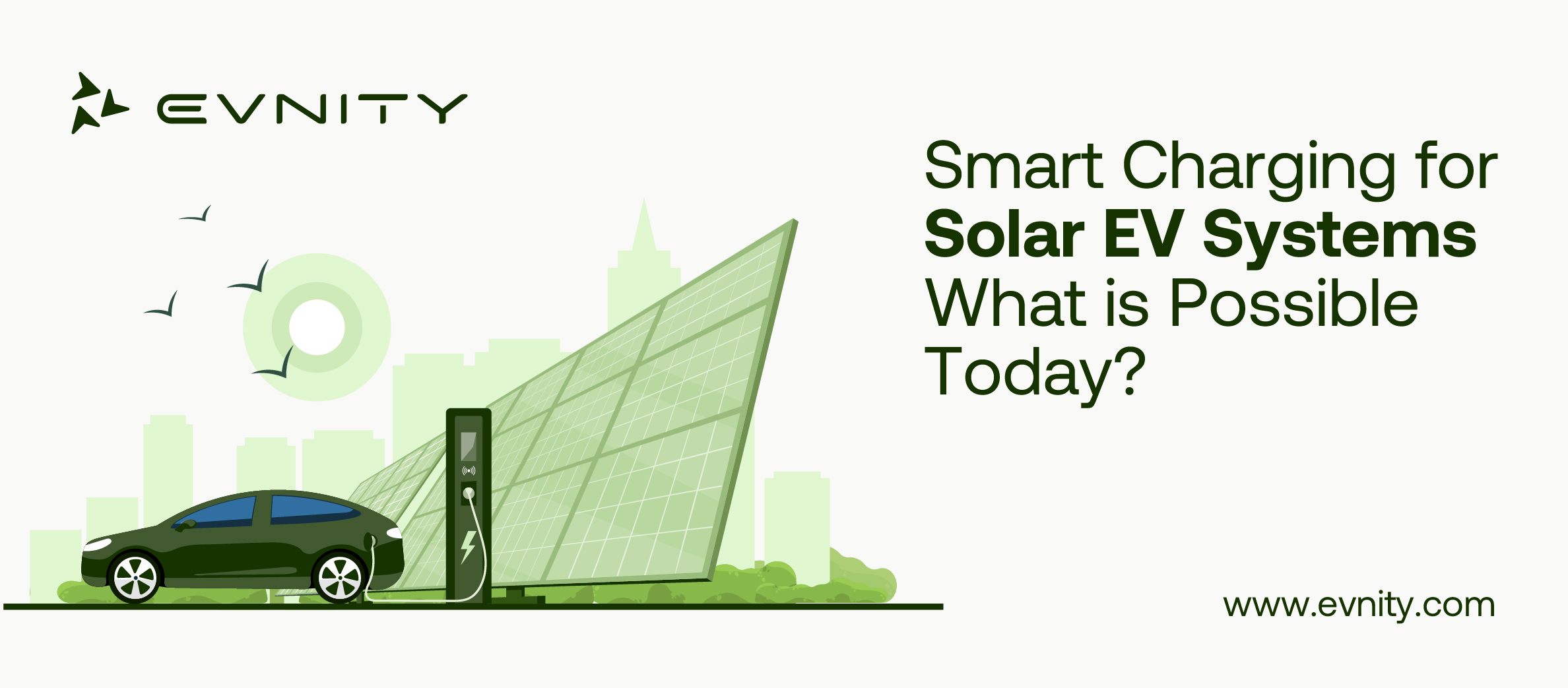In networking, protocols are coding techniques that direct data transfer between wired and wireless devices. They create scalable infrastructure, guarantee global compatibility, save operational costs, and make EV charging software easier through EV business charging management software. The protocols OCPP, OCPI, and OSCP are well-known. This article thoroughly explains the differences between OCPP and OCPI for the EV charging sector.
OCPI
The automated sharing of information between EV operators and charging infrastructure is made possible via the open communication protocol known as OCPI, which links energy management systems and providers of EV charging points. It offers seamless roaming between charging networks and a 24-hour forecast of grid capacity, enabling EV owners to use charging stations from several operators without creating additional accounts or payment methods. The EV-Roaming Foundation, ElaadNL, and eViolin created the Open Communications Protocol for EVs (OCPI), which enables EV owners and drivers to communicate and charge on various networks while providing precise information about charge stations, accessibility, locations, and costs. Real-time billing and mobile access to charging stations are also taken into account.
OCPP
A standardized protocol for managing EV charging stations and infrastructure connectivity is called the Open Charge Point Protocol (OCPP). It allows seamless data interchange for charging sessions, energy use, and status updates, providing interoperability between manufacturers, network operators, and backend service providers. The most recent iteration of the protocol is called OCPP 2.0. It offers a structure for adding further features, including real-time monitoring of charging sessions, price guidelines, status updates, and remote control charging. Over 70% of EV charging stations employ OCPP 2.0 or 1.6, established in 2009 by the Open Charge Alliance for internet communication with EVs. As a result of the protocol's widespread adoption in the EV charging sector, it is now simpler for EV owners to charge their cars at various stations, irrespective of the service provider or manufacturer.
Key features
OCPI
The OCPI provides:
- Hub-based roaming.
- Mixed roaming.
- Peer-to-peer roaming.
- Real-time data.
- Charge session authorization.
- Billing and pricing.
- Platform monitoring for EV charging stations.
It enables mixed roaming, gives service providers the ability to track users, and gives drivers more options when choosing charging stations. Network administrators can handle reservations and payments across OCPI-compliant networks using real-time data.
OCPP
While load balancing ensures that limited power is balanced based on vehicle plugged-in capacity, charge point operators can manage and monitor charging stations. Conversations on load-balancing between EV business charging networks management and EV chargers are made possible via OCPP. Transaction processing makes authorizations for charging and billing easier, and network managers can manage user permissions and charger access through access control and security. Informational support via display and message is given to EV drivers.
Differences Between OCPI VS. OCPP
- A software protocol called OCPP makes employing network charging stations for operation management and status updates possible. The standard open communication protocol for networking and managing network switching is called OCPI.
- OCPP works with the apps and charging systems to manage and update charging information. OCPI connects the backend of the charging systems and the charging station.
- OCPP governs the complete EV charging systems' communication with the main network server. The OCPI facilitates connections between EV charging service providers, charging networks, and station owners.
- The OCPP facilitates interoperability between charging stations and communication between EV users' apps and charging points. Better connectivity between various EV networks & charging stations is made possible by OCPI. As a result, it makes it simple to move between EV charging networks.
- In 2009, the Open Charge Alliance founded the OCPP.ElaadNL, eViolin, and a group of national grid operators created the OCPI.
- The most recent and sophisticated OCPP protocol iteration is 2.0. The most recent version of the OCPI protocol is 2.2.1.


